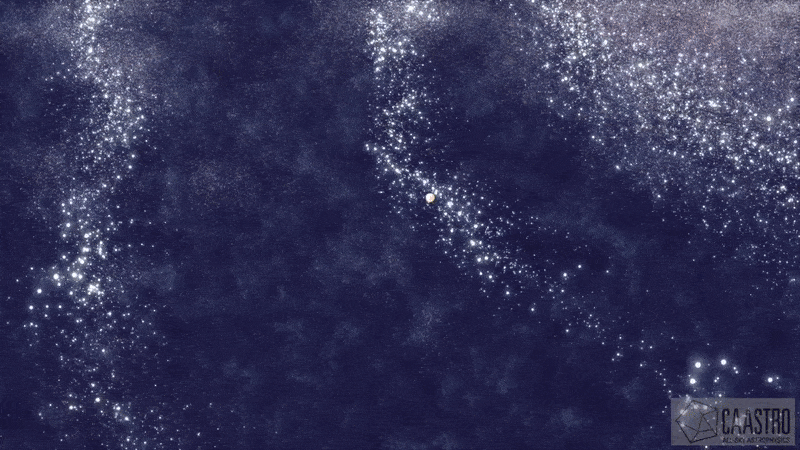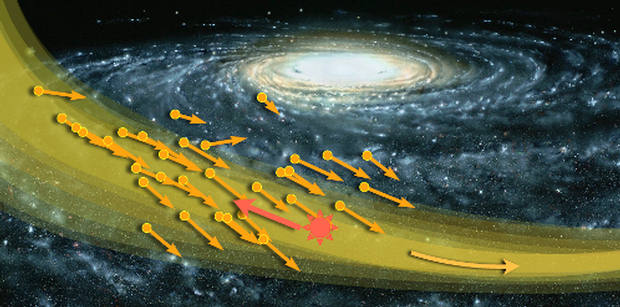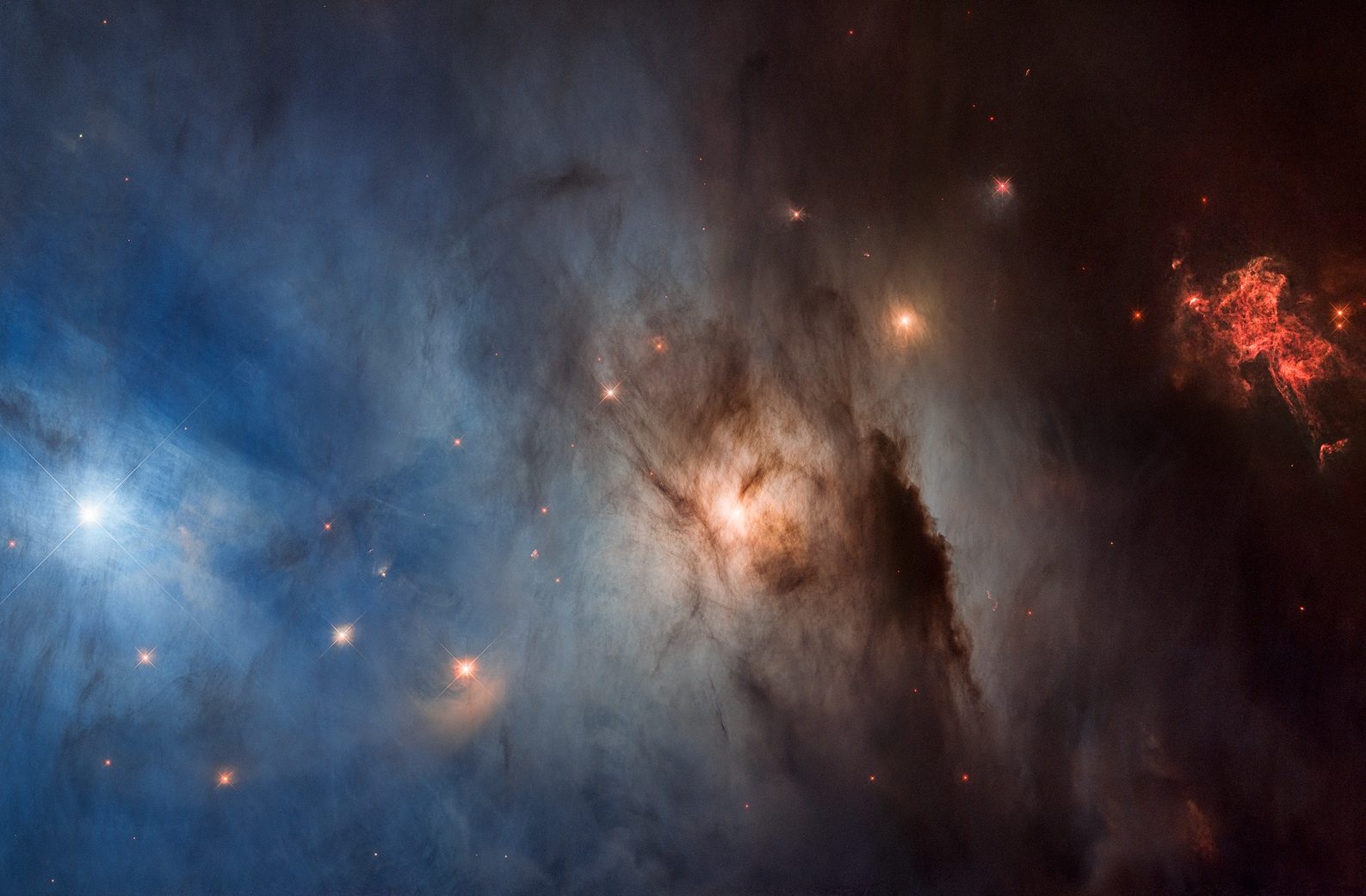Dark Matter Hurricane: A Golden Opportunity to Study the Elusive Substance
A Fast-Moving Stream Sweeping Through Our Milky Way Galaxy
A “dark matter hurricane” is currently sweeping through our corner of the Milky Way galaxy, passing over Earth as you read this. This fast-moving stream may reveal significant, previously unknown details about dark matter, according to a new study published in Physical Review D.
The Best Opportunity to Study Dark Matter
Astronomers assert that a hurricane of dark matter is heading towards Earth at full speed, presenting us with the best opportunity ever to study the elusive material spread across the universe. The incredible find, made by Ciran O’Hare of the University of Zaragoza, has the potential to greatly enhance our understanding of dark matter.
Sinking into the Remains of an Ancient Galaxy
The study suggests that our entire Solar System is about to “sink” into the remains of an ancient galaxy, long devoured by the Milky Way. Although we know very little about dark matter, we do know that all galaxies are surrounded by it. When the Sun and its planets move around our Milky Way, our entire system travels through the halo of dark matter at a speed of 230 km/s, creating a high-speed “wind” of dark matter.

The S1 Stream and Its Implications
Last year, the European Space Agency’s GAIA satellite measured the movements of a series of nearby stars and detected a previously unknown “stream” called S1. Identified during an ongoing billion-star survey by the Gaia satellite, later calculations revealed that S1 was the remains of a small dwarf galaxy cannibalized by the Milky Way long ago.
O’Hare’s new study found that ten billion solar masses of dark matter are moving along S1 and, most importantly, directly towards our position in space. When this dark matter reaches us, it will hit the Sun and any dark matter detectors on Earth at speeds exceeding 500 kilometers per second (km/s), twice as fast as the “standard” dark matter wind found in the Milky Way Galaxy.
Unraveling the Mysteries of Dark Matter
This phenomenon poses no danger to humanity but presents a great opportunity to learn more about the invisible matter that constitutes a quarter of the total mass and energy of the universe. According to calculations made by physicist Pierre Sikivie, in the presence of a strong magnetic field, the ultralight particles that make up dark matter, known as axions, could become visible photons. This would allow the scientific community to detect and study them, potentially unlocking the secrets of this elusive substance.
PLEASE READ: Have something to add? Visit Curiosmos on Facebook. Join the discussion in our mobile Telegram group. Also, follow us on Google News. Interesting in history, mysteries, and more? Visit Ancient Library’s Telegram group and become part of an exclusive group.











